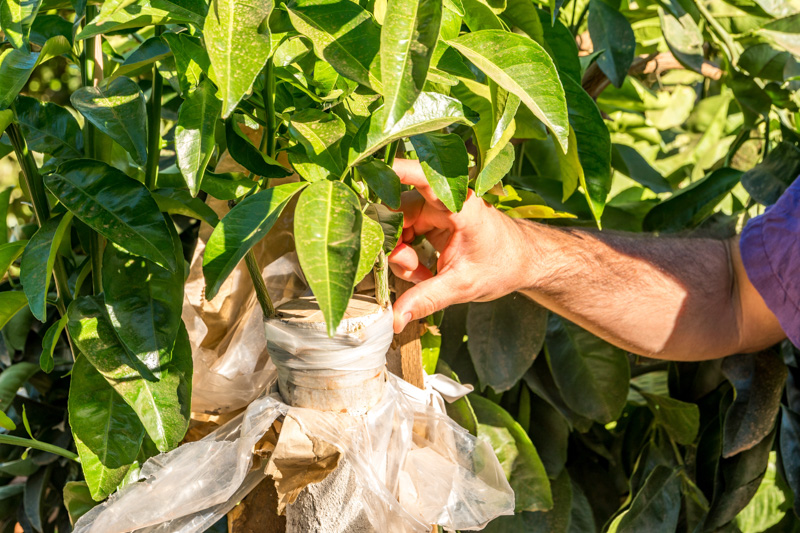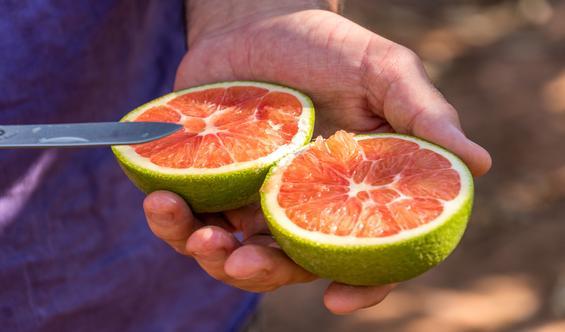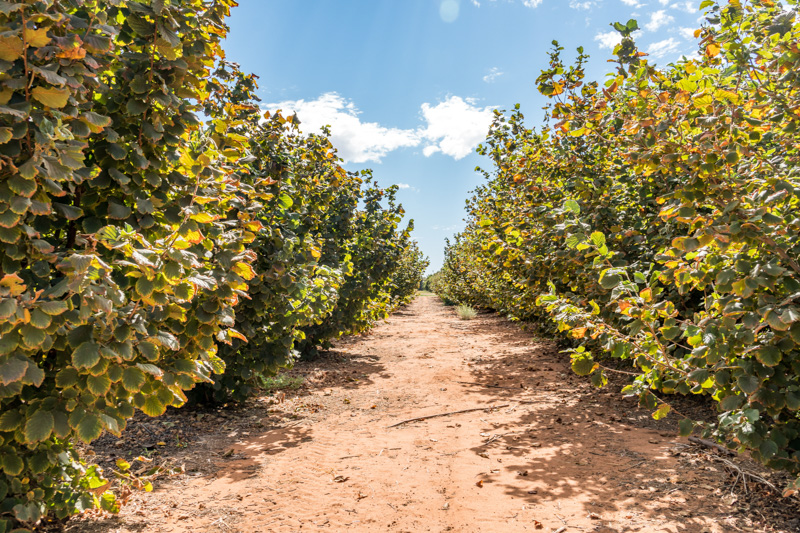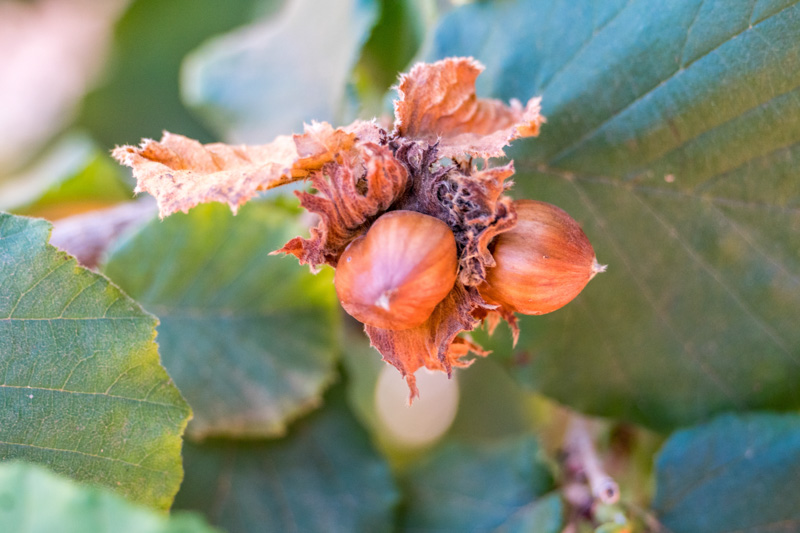Our research

The Institute’s primary research focus is on improving the sustainability of the citrus industry.
Citrus research has dominated across the property since its founding in 1955, and the majority of our work today is based on a long-term commitment to industry. Both our variety and rootstock evaluation programs on site have run continuously for more than 20 years.
The Department enjoys a strong relationship with the citrus industry, targeting our work to address real-world problems. Research on fruit sizing, drought tolerance, variety and rootstock selection, and cash flow budgeting, etc., have each been developed alongside citrus growers to give timely and accurate information to base decisions on.
NSW DPI’s Dareton Primary Industries Institute is a leading research hub delivering outcomes for the national industry-funded via projects in rootstock and scion variety evaluation, irrigation, nutrition and crop management.
The NSW DPI at Dareton PII is a service provider that has experience delivering complex projects. These projects have often been funded by Hort Innovation (and its previous iterations), and the DPI has active, ongoing RD&E projects which involve working with outside organisations – many of which are aligned directly with agricultural industries of Australia, including Citrus Australia, and other research agencies, including the University of Queensland, Queensland University, Agriculture Victoria and Queensland Department of Agriculture and Fisheries.
NSW DPI as a whole is one of the largest research providers to primary industries in Australia with a research portfolio of more than 900 active projects and an annual expenditure greater than $100 million. NSW DPI is the lead agency for citrus in the National RD&E Framework for Horticulture and co-invests over $4 million in active R&D projects with the citrus industry.

Citrus
Citrus research has dominated across the property since its founding in 1955, and the majority of our work today is based on a long-term commitment to industry. Both our variety and rootstock evaluation programs on site have run continuously for more than 20 years.
The Department enjoys a strong relationship with the citrus industry, targeting our work to address real-world problems. Research on fruit sizing, drought tolerance, variety and rootstock selection, and cash flow budgeting, etc., have each been developed alongside citrus growers to give timely and accurate information to base decisions on.
Persimmons
Persimmon research is a relatively new area for the Institute, but draws heavily on our expertise with other crops. Again, this work is a direct response to an industry need: how do we propagate persimmon rootstocks clonally, to ensure predictable, uniform growth and development? And how do we gain access to elite international varieties to extend our marketing window and support broader local plantings?

Pistachios
We support the pistachio industry by maintaining a small commercial planting of this nut crop for their development team to use from time to time to answer production-based questions.
Hazelnuts
Hazelnuts are one of the fastest growing tree nut industries in Australia, with planting area increasing from 150 ha to 2150 ha since 2011. To support this expansion, experiments looking at hazelnut performance at the fringes of their likely habitable zone will give growers more information about where and how profitable hazels can be grown. The Institute has a planting of commercial hazelnut varieties to evaluate their performance in our hot, arid climate.

Grapevine Propogation
The Institute also maintains grapevine plantings for the Victorian and Murray Valley Improvement Association.
Several hectares of grapevine rootstock and scion varieties are managed for the production of high-quality, known-health-status propagation material for use by the viticultural industries.
National Germplasm Collection
The national germplasm collection of grapevine varieties was also established at Dareton for the Australian Vine Improvement Association with initial plantings in 2003.